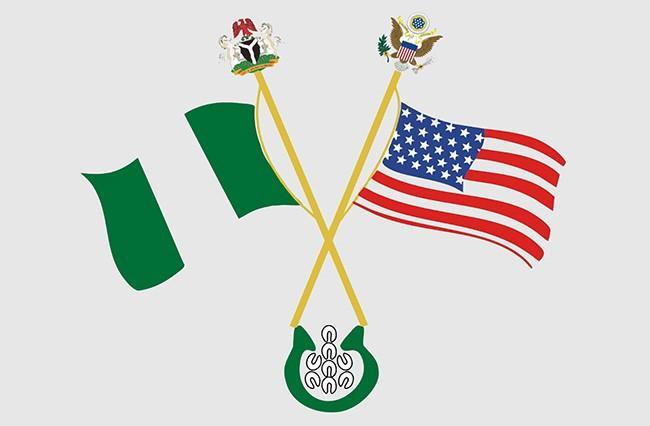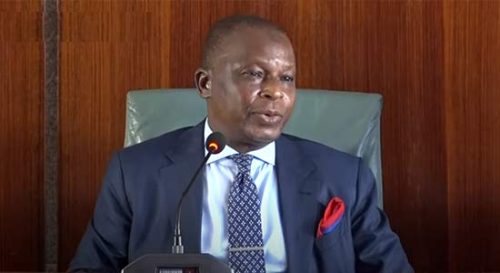Power stability key to Nigeria’s tech future, says NACC Boss

BY MOTOLANI OSENI
The Acting Director-General of the Nigerian-American Chamber of Commerce (NACC), Ms. Wofai Samuel, has warned that Nigeria’s ambitions for a thriving technology sector may remain elusive without first addressing the country’s lingering power supply crisis.
Speaking on this, in an interview yesterday, Samuel stressed that electricity and technology are inseparably linked. She said no meaningful progress in tech can be achieved if power remains unreliable.
“Without power, how do we even drive technology? So, power is correlated to technology. Technology is correlated to power,” she said.
According to her, in the face of rising global protectionism—especially with U.S. tariffs and the potential limits of the African Growth and Opportunities Act (AGOA)—Africa must find sustainable sectors for economic diversification. She identified technology as one of the most promising pathways.
READ ALSO: Bobrisky Officially Changes Name to Folasade Amope Okuneye
“One of the easiest ways, one of the easiest platforms West Africa can diversify into is the technology sector,” she added.
Samuel emphasised that internet access and data drive global tech innovation, citing how developed nations continue to leverage these tools to foster economic growth and progress.
She called for deeper international collaboration, urging African governments to mirror global models. Samuel referenced a $600 billion investment by Saudi Arabia’s Crown Prince in the U.S. tech industry, describing it as a powerful example of how nations can harness global alliances for technological advancement.
“If America, the world’s leading tech power, is collaborating with other countries to grow its sector, then who are we in Africa not to follow suit?” she asked.
Highlighting the influence of U.S. tech giants like Meta, Google, Tesla, and platforms such as X and ChatGPT, she stressed the transformative impact of emerging technologies, especially artificial intelligence.
Samuel also pointed to Nigeria’s own success story in financial technology, saying digital platforms have already begun reshaping the banking industry. She referenced a World Bank forecast projecting that banking and fintech will be among Nigeria’s fastest-growing sectors in 2025.
She encouraged African tech startups to tap into both local and international technology conferences to build meaningful partnerships and enhance visibility. Beyond that, she called for a stronger presence of policymakers, especially ministers and commissioners for communications and technology, at the forefront of tech policy formulation.
According to recent figures, Nigeria’s Information and Communication Technology (ICT) sector contributed 17.68 per cent to the nation’s real GDP in 2024, up from 17.34 per cent in 2023.










